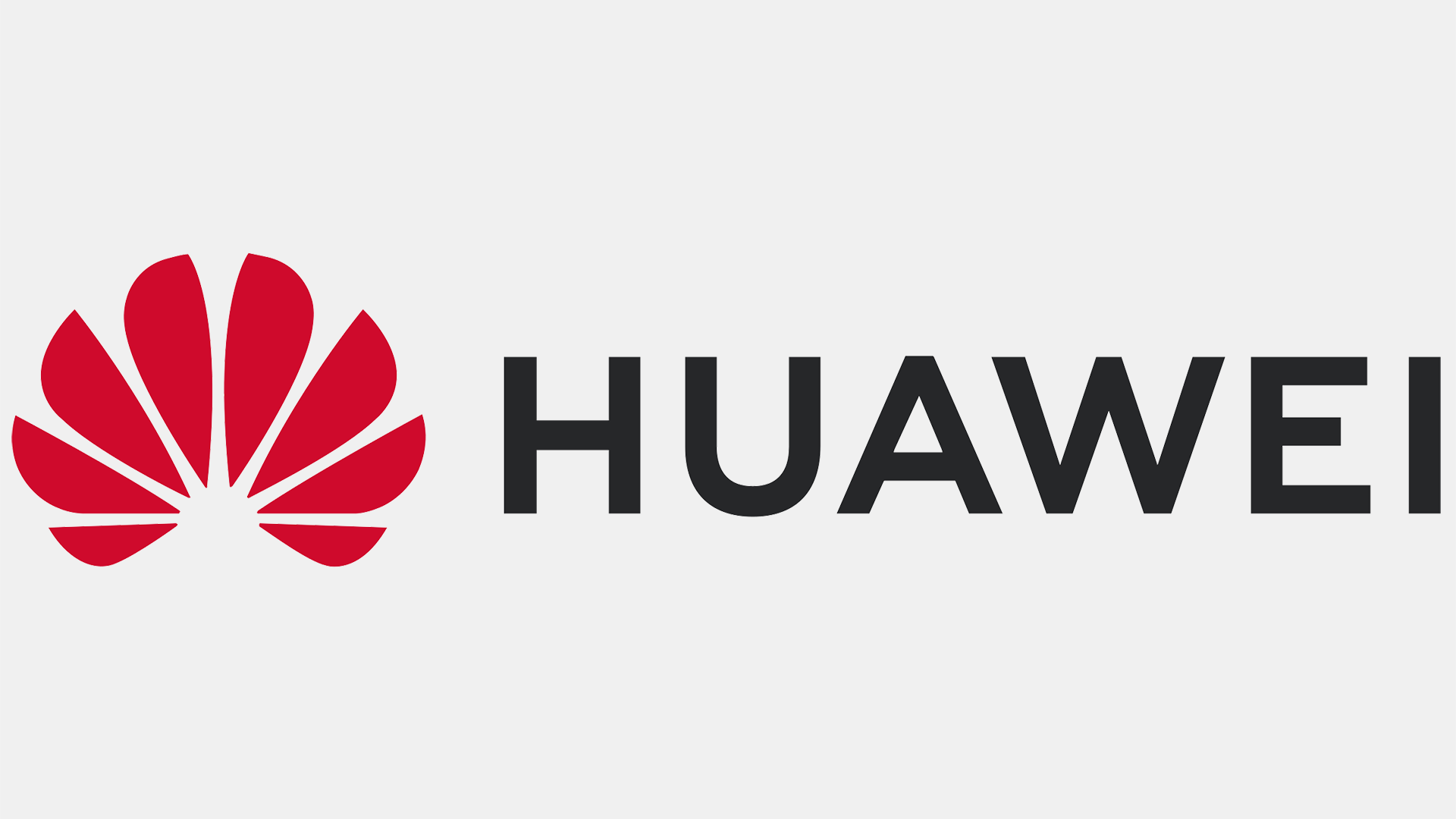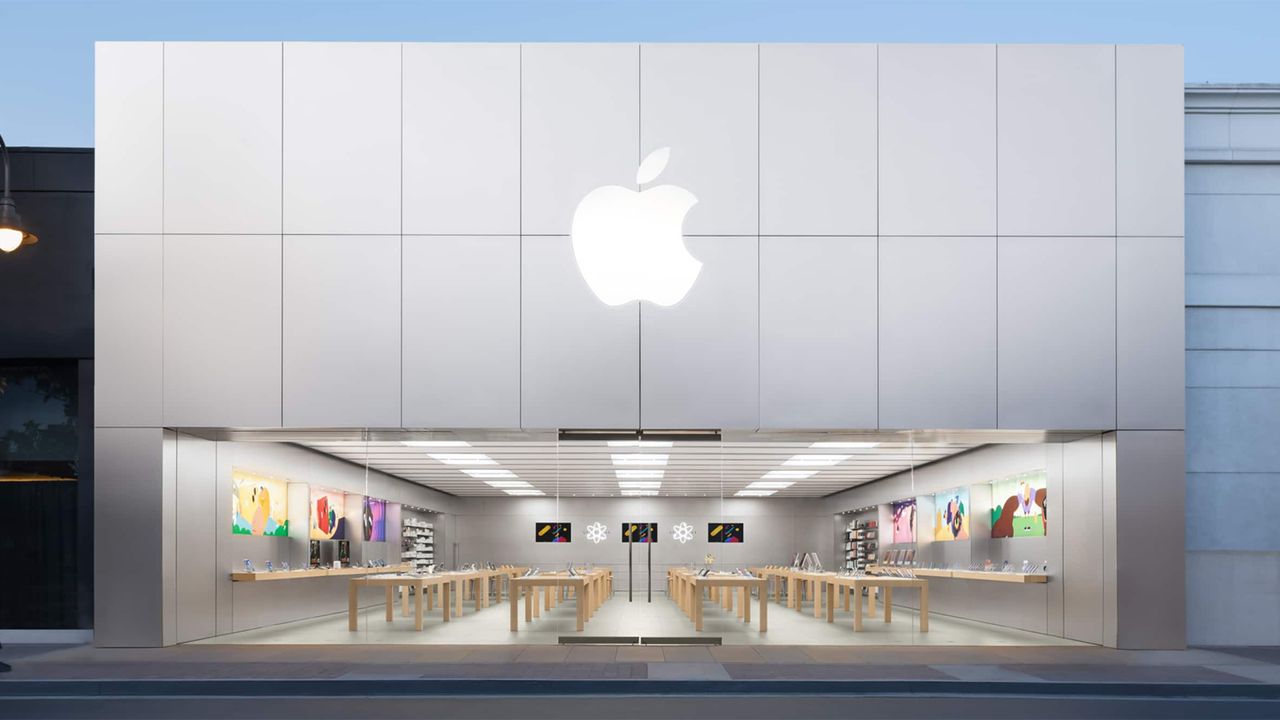
Meng Wanzhou, Huawei’s deputy chairwoman, said that the company is committed to building a computing backbone for China’s advances in artificial intelligence at the Huawei Connect event in Shanghai.
Solid Backbone
“Huawei is committed to building a solid computing backbone for China,” said Meng, according to Nikkei. “Our end goal is to help meet the diverse AI computing needs of different industries.”
The chairwoman notably avoided discussing the Mate 60 Pro smartphone and its Kirin 9000s system-on-chip produced in China (violating U.S. sanctions). However, a commitment to building a computing backbone for the People’s Republic is an almost literal confirmation that the company is set to create processors for artificial intelligence (AI) and high-performance computing (HPC) applications.
In her address, Meng emphasized Huawei’s ambition to create a robust computational infrastructure for China that would cater to the varied AI requirements of multiple sectors. She conveyed the company’s strategy to collaborate with clients, partners, and developers to expedite advancements in intelligence across diverse industries.
Meng serves as Huawei’s CFO and is the daughter of Huawei’s founder Ren Zhengfei. Therefore, she isn’t just a high-ranking executive but may represent a future vision of the company. This underscores the importance of unity and perseverance in achieving these goals.
Huawei’s Approach to AI
Zhang Ping’an, the CEO of Huawei Cloud, unveiled a range of AI products designed to meet the specific needs of industries such as mining, healthcare, and government. Among these were the Pangu models, which employ a 5+N+X decoupling architecture and layered AI capabilities.
While Huawei did not elaborate, ‘decoupling architecture’ generally means separating system components for flexibility and easier management. Such an architecture aims for modularity and scalability, allowing Pangu models to support various applications across various industries. For example, the Pangu model for vehicles has reduced the learning time required for autonomous driving systems from over two weeks to less than two days, according to Huawei.
According to Zhang, Huawei has proactively sent experts, including PhDs, to work directly with enterprises in implementing advanced AI technologies. He said that this effort has already benefited over 1,000 companies, and an additional 200 PhDs are slated to visit customer sites this year to help integrate intelligent technologies with industry-specific needs.






